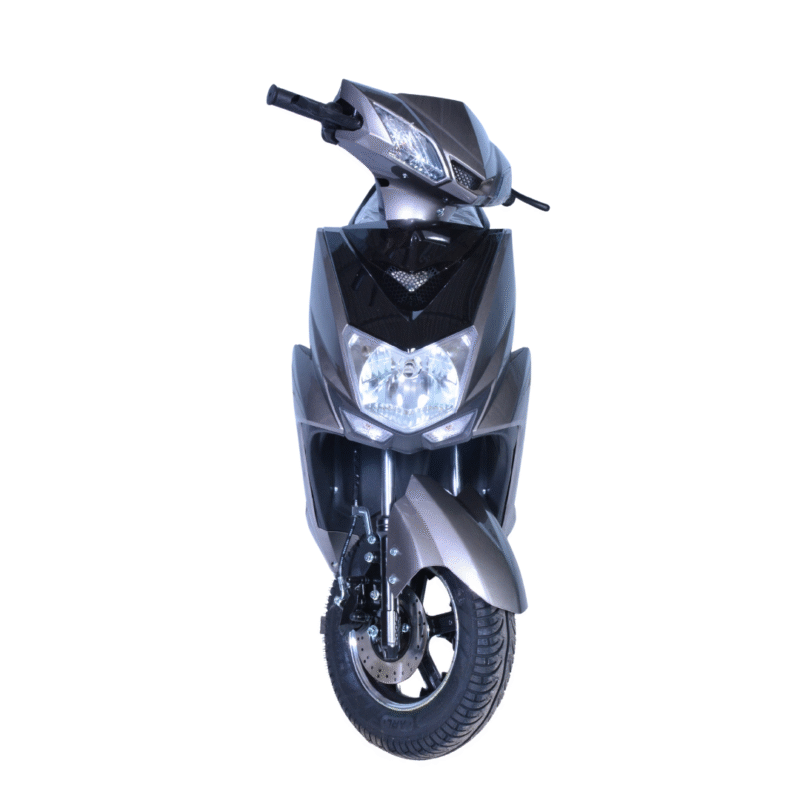The Charge Ahead: Navigating New Business Models in Electric Mobility
Introduction to Mobility Scooters and the Rise of Electric Mobility

Sri Hari Automobiles Electric mobility is no longer just a trend, it’s a transformation reshaping the way people move. Among the most visible symbols of this revolution are mobility scooters. These compact, battery-powered vehicles offer an accessible and eco-friendly transportation option for everyone from senior citizens to urban commuters. As the demand for sustainable solutions increases, mobility scooters have emerged as a key player in the broader electric mobility movement. With this shift, businesses are rapidly innovating and adopting new models to cater to evolving customer needs and market opportunities.
Changing Customer Needs and the Evolution of Mobility Scooters
Today’s customers are looking for more than just a product, hey want convenience, flexibility, and affordability. This change has driven the evolution of mobility scooters from basic aids for the elderly to smart, connected, and multipurpose electric vehicles. Businesses are now tailoring their offerings to a broader audience, including individuals with limited mobility, delivery workers, and even city commuters. As this user base expands, new business models have emerged to meet the diverse demands of this dynamic market.
Subscription-Based Services for Mobility Scooters
One of the most promising models in electric mobility is the subscription-based service. Instead of buying a mobility scooter outright, users can now subscribe monthly or annually. This model provides flexibility, lower upfront costs, and access to regular maintenance and upgrades. Subscription services have gained popularity in urban areas where owning and maintaining a vehicle can be inconvenient. Companies offering mobility scooters on a subscription basis are focusing on user convenience, app-based tracking, and on-demand service bringing the ride sharing mindset to personal mobility.
Mobility Scooter Rentals and Micro-Mobility Hubs
Another growing trend is short-term rental models, often integrated with micro-mobility hubs in cities and tourist destinations. Similar to electric bikes and kick scooters, mobility scooters are now available for hourly or daily rentals. These hubs are strategically placed in public areas like metro stations, shopping complexes, and hospitals to ensure ease of access. Businesses running these hubs often rely on smartphone apps for locating and unlocking scooters, offering a seamless experience. This model works particularly well for tourists, patients, or temporary users who need mobility assistance for short periods.
Mobility Scooters for Delivery and Commercial Use
With the rapid rise of e-commerce and food delivery services, lightweight electric mobility scooters are being repurposed for commercial use. Companies are now offering tailored scooters designed for cargo, with extended battery life and additional storage options. This business model helps reduce the carbon footprint of last-mile delivery while saving fuel costs. Businesses can lease fleets of mobility scooters for their delivery staff, enabling a sustainable and efficient logistics network. This innovation is not only eco-conscious but also highly cost-effective for startups and SMEs
Pay-As-You-Go and Flexible Financing Options
Affordability remains a crucial factor in the widespread adoption of electric vehicles, including mobility scooters. Flexible financing models such as EMI plans, lease-to-own schemes, and pay-as-you-go systems are being introduced to make these scooters more accessible. These financing models lower the entry barrier for individuals who might not be able to afford the full price upfront. In rural and tier-2 cities, where budget constraints are common, such models are helping boost mobility and independence for individuals with limited resources.
Conclusion: The Road Ahead for Mobility Scooters
Electric mobility is driving a wave of change in the way we think about transportation, and mobility scooters are playing a vital role in this transition. With innovative business models like subscriptions, rentals, commercial applications, and flexible financing, businesses are not only meeting customer expectations but also reshaping urban mobility. As technology continues to advance, we can expect mobility scooters to become smarter, more connected, and more integrated into the urban transportation ecosystem. For businesses and users alike, the charge ahead promises a future of greater accessibility, sustainability, and convenience in the world of electric mobility.





